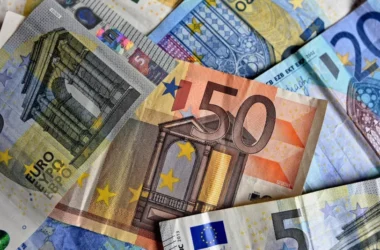The European Union has escalated its investigation into X (formerly Twitter) under the Digital Services Act (DSA), diving deeper into the platform’s recommender system, which some in Brussels suspect might violate the DSA rules.
According to a statement released on January 17, the EU has introduced three additional “technical investigatory measures” focused on how X’s algorithm suggests content to users.
The European Commission is demanding X to submit internal documents about its algorithms by February 15. Moreover, the company is required to preserve documents on its recommender algorithms’ design and functionality from January 17 through December 31. Henna Virkkunen, the Commission’s executive vice-president for Technological Sovereignty, stressed that the EU is determined to make sure platforms like X comply with regulations meant to keep the online space safe, fair, and democratic for Europeans.
When asked if the investigation was linked to recent political events, including Musk’s livestream with Alice Weidel of Germany’s Alternative for Germany party (AfD), a spokesman for the Commission clarified that these measures were purely about compliance, not political matters. “These steps are completely independent from any political considerations,” said Thomas Regnier, adding that the measures would help monitor X’s operations.
If X is found to have violated the DSA rules, it could face fines of up to 6% of its annual global revenue.
This intensified investigation comes amid Elon Musk’s rising influence in European affairs. His comments on Germany, particularly about the AfD, sparked backlash in Berlin and Brussels. Musk called the AfD the “only” party that could save Germany, further angering EU officials. In response, several EU bodies have started distancing themselves from X, with Germany’s defense ministry and Paris’s official city account abandoning the platform due to concerns over hate speech and misinformation.
Interestingly, this shift away from X also mirrors a broader unease toward American tech giants. CEOs like Meta’s Mark Zuckerberg and Apple’s Tim Cook have become more vocal in defending their companies from EU legal actions. However, the Commission remains resolute in its pursuit of investigations against major tech firms like Apple, Meta, and Google, warning they too could face hefty fines under the Digital Markets Act if found in violation.
In the end, the EU seems set on continuing its crackdown, and platforms like X will have to comply—or face serious consequences.




